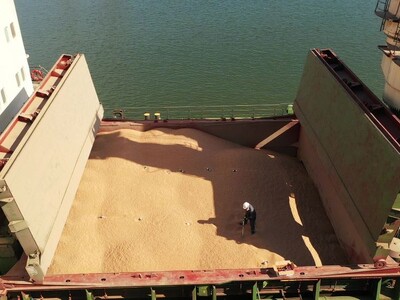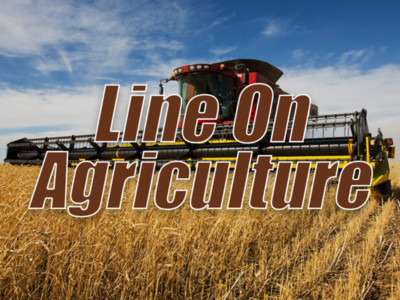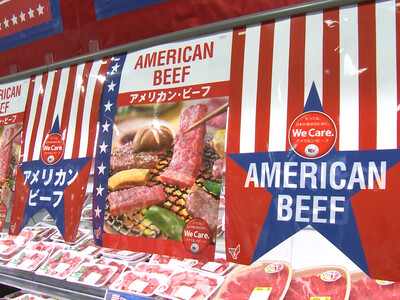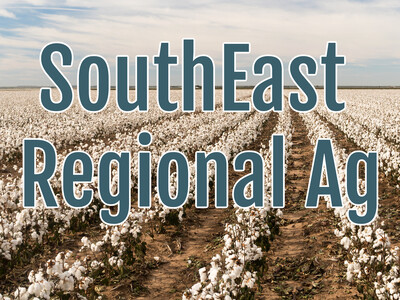Endangered Species Initiative
Endangered Species Initiative. I’m Greg Martin with today’s Line On Agriculture.
The Department of the Interior is asking the public to suggest ways the government can offer incentives to private landowners to protect endangered wildlife. American Farm Bureau Regulatory Specialist Rick Krause says encouraging landowners to work with the government instead of threatening them with regulations is a better approach.
KRAUSE: We want to see that they’re proud to have species on their property, that they want to help species on their property and they want to have species thrive on their own properties and we believe that providing this voluntary incentive-type of an approach that the Interior Department is advocating will do that and help the Endangered Species Act work the way it was supposed to.
Krause says it’s important to get farmers and ranchers to support these programs.
KRAUSE: Over 70 percent of species that are listed under the Endangered Species Act live to some extent on private lands. There’s over a third of those species that live exclusively on private lands. So participation of landowners is very important if the Endangered Species Act is going to work. And most of the land that these species live on are agricultural lands. So farmers and ranchers play a very critical role in helping to preserve species and provide habitat for species.
Krause describes a new initiative from the Department of Interior to ask for suggestions for protecting endangered species.
KRAUSE: The Interior Department is asking for suggestions on how private landowners, including farmers and ranchers, can work better with them to conserve species and they are looking for suggestions on how people can do this on a voluntary basis.
He says farmers and ranchers appreciate being offered a carrot rather than a stick.
KRAUSE: Farmers and ranchers feel that this is the best way for the Endangered Species Act to work. Farmers and ranchers benefit because they’re allowed flexibility to tailor their operations in such a way that they can continue operations while at the same time providing protections for endangered species. The species actually benefit because they’re receiving active day-to-day management from farmers and ranchers, from the landowners, who actually own the land that they live on.
That’s today’s Line On Agriculture. I’m Greg Martin on the Ag Information Network.

















